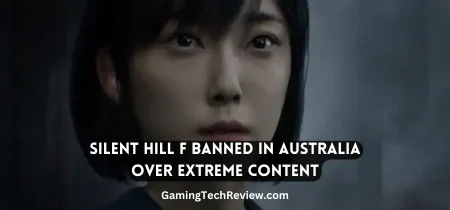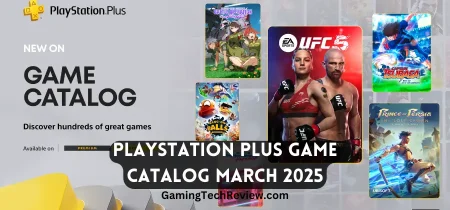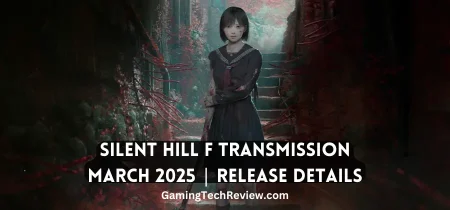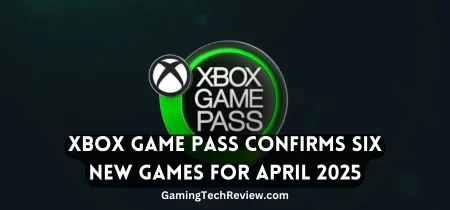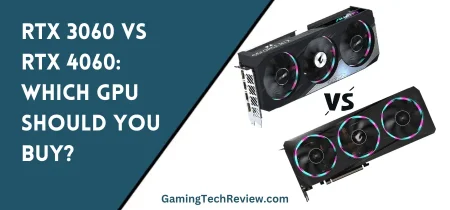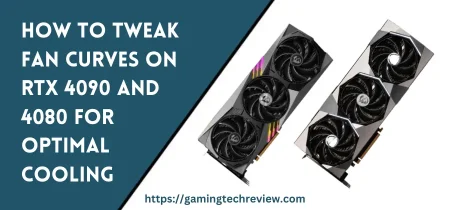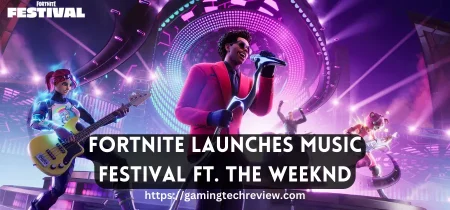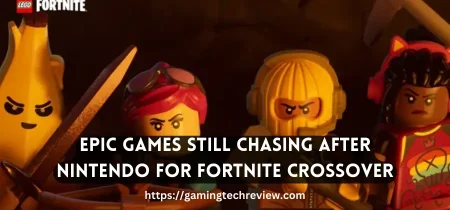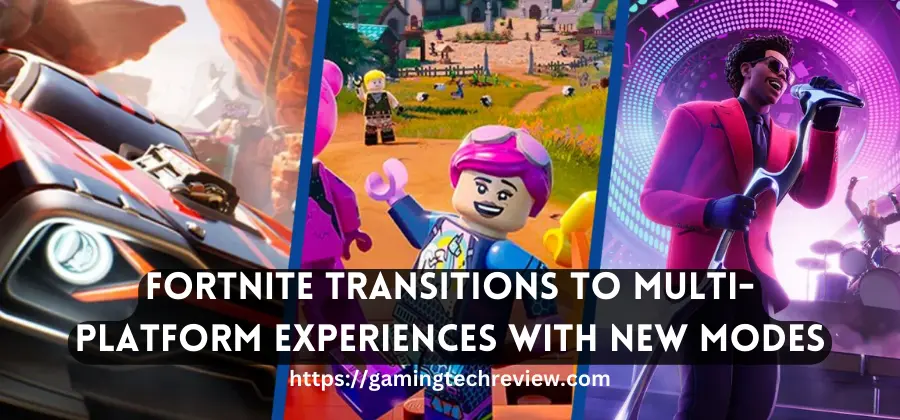
Epic Games is evolving its flagship game Fortnite beyond just a battle royale with the addition of three new modes that turn it into a robust platform supporting various genres. Launching over three consecutive days starting December 7th, the new modes include a LEGO crafting adventure, Kart racing, and music performance – vastly expanding what Fortnite offers.
LEGO Fortnite Focuses on Creative Building
Kicking off the platform expansion is LEGO Fortnite on December 7th, billed as the “ultimate survival crafting LEGO adventure” with open-world gameplay reminiscent of Minecraft. Details remain scarce, but the mode seems to blend the building and exploring aspects of LEGO with Fortnite’s visuals and backstory. Players familiar with constructing elaborate forts and gathering resources in the battle royale may appreciate focusing just on those creative, non-combative elements alongside the lighthearted LEGO charm.
Early teaser trailers suggest a vibrant, brick-built world that captures the spirit of LEGO games while retaining Fortnite’s art style. Gameplay seems to involve harvesting bricks and crafting weapons and structures as in Fortnite’s core modes. The mashup of Fortnite gameplay with LEGO’s kid-friendly characters and setting stands out from other battle royale experiences currently available.
Rocket League Developer Psyonix Delivers Racing Mode
Next up on December 8th is Rocket Racing, a kart racing experience developed by Psyonix, the studio behind the popular Rocket League. This Fortnite x Rocket League collaboration suggests an adrenaline-filled take on racing games like Mario Kart, allowing players to speed through colorful tracks embellished with the cartoony aesthetic Fortnite is known for. Rocket Racing will give hands-on debut at The Game Awards airing December 8th.
Early buzz is high given Psyonix’s pedigree with one of gaming’s most successful indie sensations in Rocket League. Leveraging the studio’s expertise in high-speed vehicle control within Fortnite’s universe could produce the most polished and responsive kart racer available in the battle royale genre if executed well. The fusion of arcade racing gameplay with Fortnite’s signature building mechanics also offers novelty and replayability value.
See Also: Rockstar Sets Date for Long-Awaited GTA 6 Trailer
Harmonix Brings Music Performances Through Fortnite Festival
Closing out the three-day platform expansion is Fortnite Festival launching December 9th. Developed by Rock Band studio Harmonix, it lets players form in-game bands and put on live performances of songs by popular artists like The Weeknd. Fortnite Festival seems to be Epic Games’ take on music games like Guitar Hero, with The Weeknd featured heavily throughout the mode’s first season. Players can likely expect more real-world musicians to make appearances as the experience grows.
While still mysterious in terms of actual gameplay, Fortnite Festival doubles down on the social elements that have made Epic’s battle royale so culturally successful. Letting players express themselves through custom bands feeds into gaming behavior among young demographics today, while showcasing The Weeknd as the maiden artist partner demonstrates savvy alignment with current pop culture trends.
Widening Fortnite’s Appeal as Persistent Online Platform
While each mode differs drastically in gameplay, they all share deep integration with Fortnite instead of launching as standalone adventures. This allows Epic to leverage the cultural cache and massive reach of Fortnite to expose players to completely new types of gaming experiences they may not seek out otherwise. It also strengthens player investment in Fortnite as their sole gateway to unlocking this growing catalog spanning various genres.
Early reception among gamers online seems cautiously optimistic, with some concerns about how well these disparate modes will retain players compared to Fortnite’s signature battle royale. However, the opportunities for creativity and self-expression with LEGO building, personalized cars in Rocket Racing, and forming unique bands in Fortnite Festival seem to outweigh doubts about the long-term appeal. If Epic can ensure longevity through compelling seasonal content updates, Fortnite may succeed as an ever-expanding entertainment platform.
With over 350 million registered players engaged monthly as of May, Fortnite possesses tremendous reach and momentum with youth culture. Transitioning Fortnite into a broader ecosystem housing different game genres mirrors moves by competitors like Roblox to become persistent online playgrounds. However, Epic Games boasts superior production polish by handling development in-house vs Roblox’s user-generated experiences.
If pulled off successfully, Fortnite evolving beyond just battle royale could set a new paradigm for retention-focused gaming services. Players may someday log into their Fortnite account as the starting point to engage with multiplayer adventures, competitive esports, relaxed crafting quests, and creative expressions through custom game modes – all monetized under one unified ecosystem. For now, the first wave of new additions shows Epic is serious about making Fortnite the metaverse-like platform of the future.

